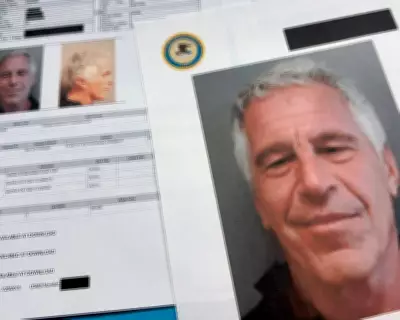
Buckingham Palace has been thrust into an unwelcome spotlight as court documents from the Jeffrey Epstein case reveal mention of King Charles III, creating fresh challenges for the monarchy during what should have been a period of stability.
The revelation comes from recently unsealed files related to the Epstein scandal, which name both the monarch and his principal residence in London. While the nature of the mention remains unclear, the association alone has sent ripples through royal circles.
Palace Response and Legal Implications
A spokesperson for the King confirmed awareness of the documents but declined to elaborate further, stating only that the matter had been noted. Legal experts suggest the mention could range from peripheral reference to more substantive connection, though details remain scarce in the publicly available files.
The documents form part of the ongoing legal fallout from Epstein's criminal network, which already ensnared numerous high-profile figures across business, politics, and entertainment.
Timing Creates Additional Pressure
This development arrives at a particularly sensitive moment for the royal family. King Charles has been working to establish his reign following the death of Queen Elizabeth II, focusing on modernising the monarchy while maintaining its traditions.
The Epstein connection, however tangential, threatens to overshadow these efforts and raises uncomfortable questions about royal associations during Epstein's period of operation.
Historical Context and Previous Denials
This isn't the first time the royal family has faced questions about Epstein connections. Prince Andrew's friendship with the financier led to his withdrawal from public duties and a substantial settlement in a civil case.
Buckingham Palace has consistently denied any meaningful relationship between King Charles and Epstein, characterising any encounters as incidental rather than indicative of friendship or association.
As legal teams and royal advisers scrutinise the documents more closely, the palace faces the delicate task of managing public perception while awaiting further clarity about what the papers actually contain.





